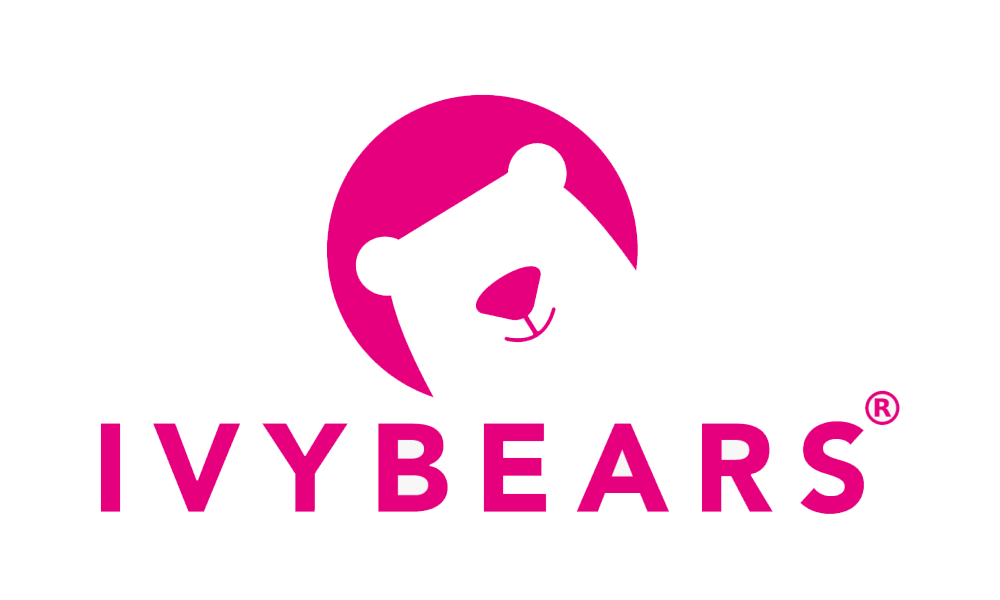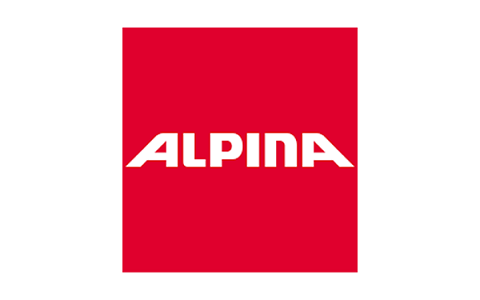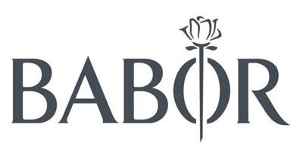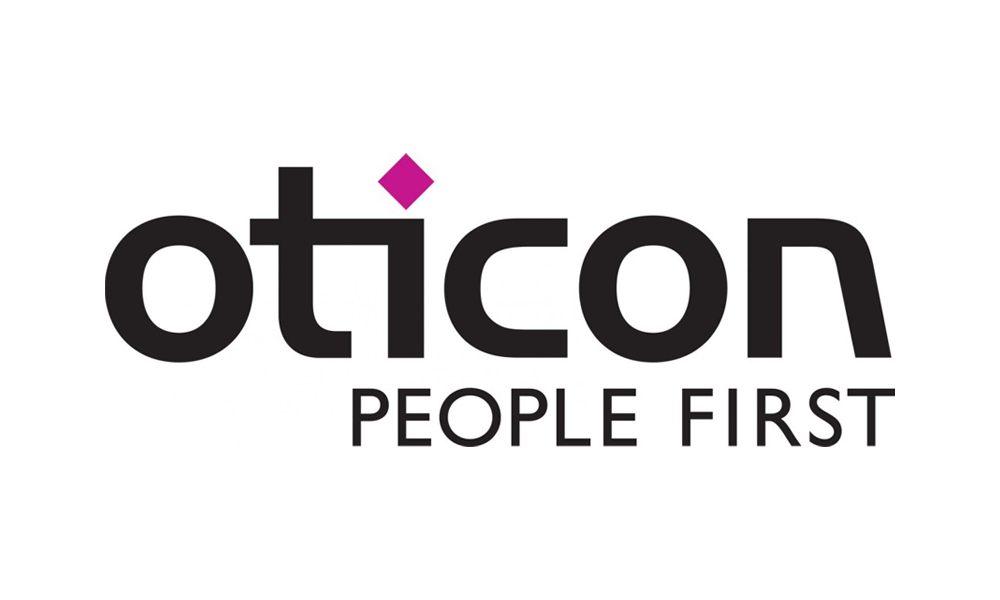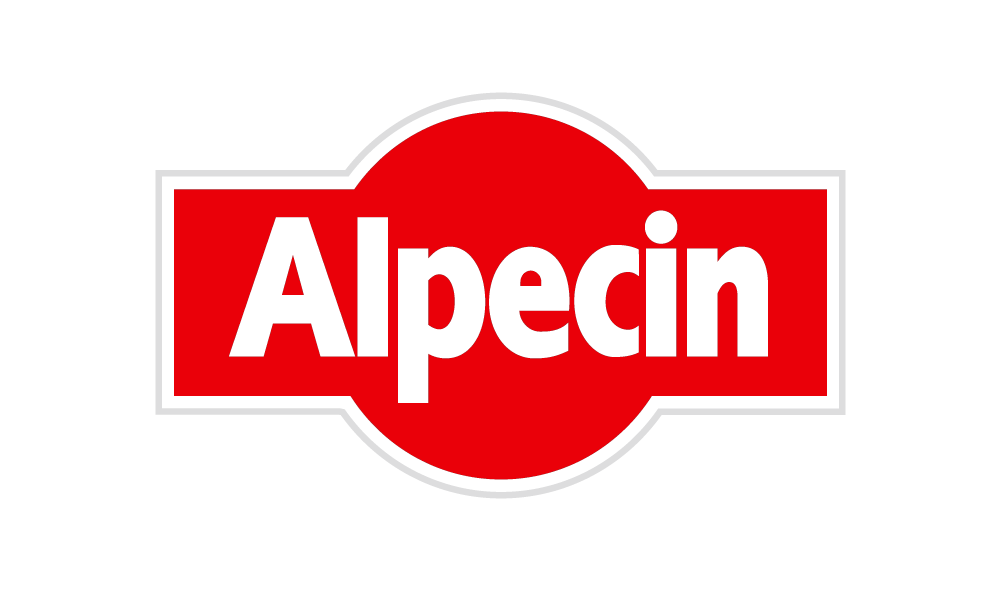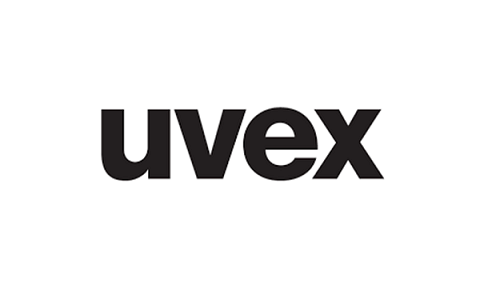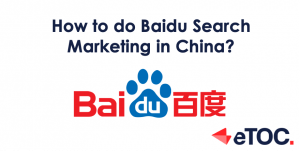Explore China's cutting-edge technologies transforming marketing: AI, AR, VR, blockchain,...
Read More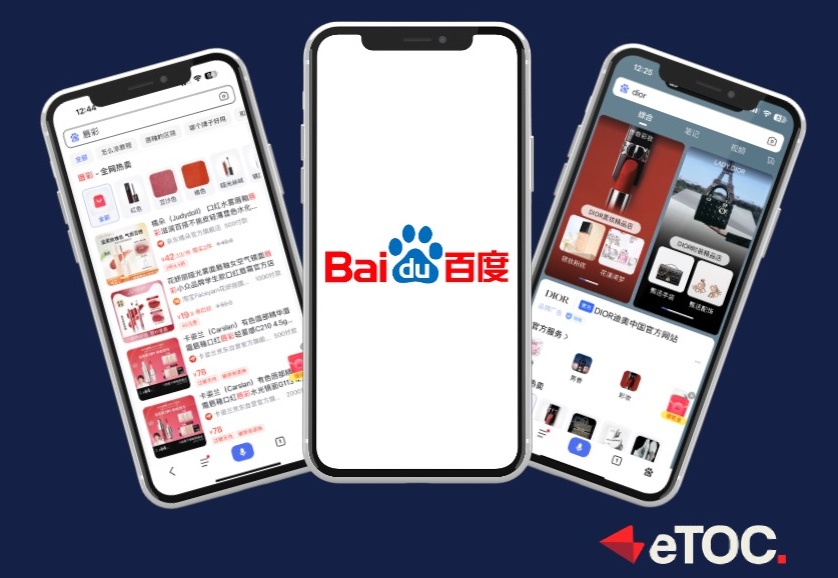
Baidu Guide
- Baidu's prominence in China
- Key Baidu platforms overview
- Baidu and Google differences
- Baidu SEO and PPC tactics
- Challenges for global advertisers on Baidu
Baidu Guide
Table of Contents
Introduction
Baidu (百度) stands as a titan in the world of search engines. Predominantly reigning in China, this behemoth not only caters to web searches but has intricately woven its network to touch various facets of the digital world. From cloud computing, maps, online encyclopedias, mobile payments to advertising, Baidu’s expanse is impressive.
Baidu’s Relevance in China's Search Landscape
Statistics and Market Share: Baidu dominates the Chinese digital landscape with a staggering market share. As of the latest reports, Baidu captures 67% of searches in China, and it’s further illustrated by the 82.47% overall search engine market share. Moreover, it fields approximately 5 billion search queries daily.
Baidu’s Expansive Offerings: Beyond its core search functionality, Baidu provides various services, making it integral to the Chinese internet experience. Baidu Maps assists in navigation, Baidu News keeps its users updated, and platforms like Baidu Baike serve as encyclopedic repositories. Furthermore, Baidu has its footprint in the travel sector with Qunar, and its Voice and Image Search features revolutionize the way users interact and explore the digital realm.
The Scale and Potential: As per a report of March 2023, Baidu accounts for almost half of the search engine market share in China. These staggering statistics, combined with its $17.9 billion revenue from advertising in 2022, highlight Baidu’s immense potential for brands desiring a robust presence in China.
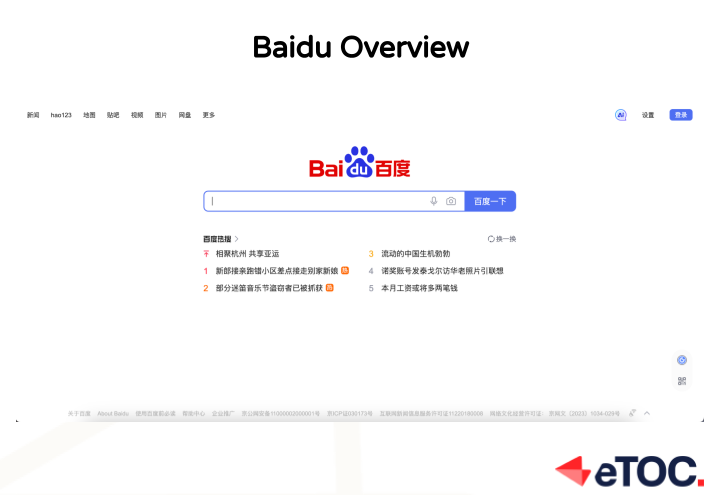
Comparison with Other Search Engines
While Google remains a dominant player globally, its presence in China is dwarfed by Baidu. A mere 2% of internet searches in China occur via Google, emphasizing Baidu’s dominance. Furthermore, there are distinct differences in their advertising approaches. Baidu Ads, for instance, often feature more frequently than Google Ads. An added layer of brand interaction is available through Baidu’s “Brand Zone.” However, it’s pivotal to note the intricate processes involved in setting up Baidu Ads, necessitating a representative in China and navigation through bureaucratic registration.
Baidu’s Digital Network
Baidu’s digital footprint stretches far beyond that of a mere search engine. Since its inception in 2000 it has morphed into a vast digital ecosystem, meeting the varied needs of its user ,base. With the mission of making the complicated world simpler through technology, Baidu’s offerings range from content discovery, AI-driven products, online marketing services, to a plethora of apps that cater to diverse interests and needs.
Key Baidu Platforms and Their Relevance

Baidu Maps: With its user-friendly interface, Baidu Maps serves as a dependable tool for both locals and travelers in China. Besides offering basic map functionalities, its integration with Baidu Search and Baidu Tieba adds value by offering localized business data, user opinions, and suggestions.
Baidu News: A comprehensive news aggregator, it keeps its users informed about global and local events by drawing content from a myriad of online sources. Its power lies in leveraging Baidu’s advanced search algorithm, ensuring relevant and current news reach its users.
Baidu Baike: Going beyond the basic search functionality, Baidu Baike provides detailed insights into various topics, making it a reliable resource for users seeking in-depth knowledge.

Baidu Zhidao: Emphasizing community-driven knowledge sharing, this platform serves as a hub for those seeking answers and for experts willing to share their insights.
Baidu Space: A blend of search and social, Baidu Space offers avenues for personal expression, community interaction, and entertainment.

Baidu Tieba: Rooted in user-generated content, Tieba underscores Baidu’s commitment to fostering online communities. Its platform caters to niche interests, allowing users to create, discuss, and engage.

Qunar: Simplifying travel planning, Qunar, a Baidu subsidiary, streamlines the process of securing travel accommodations, further enriched with travel guides and reviews.
Voice and Image Search: Baidu’s pursuit of innovation is evident with these features. They not only make searches more intuitive but also redefine how users interact with the digital universe.

Baidu Core and iQIYI: These two segments represent the bulk of Baidu’s operations. Baidu Core, the dominant segment, is AI-driven and focuses on online marketing, non-marketing value-added services, and emerging AI businesses. Meanwhile, iQIYI caters to the entertainment needs of users.
Baidu’s digital network is a testament to its commitment to harnessing the power of technology for simplifying complexities. Over the past two decades, its focus on innovation, coupled with a deep understanding of user needs, has positioned it as a dominant force in China’s digital space. Brands looking to establish a foothold in China would find Baidu’s diverse platforms as invaluable channels for engagement and growth.
Baidu vs. Google
Baidu and Google, two behemoths in the search engine landscape, each dominate their respective markets, with Baidu reigning supreme in China and Google holding sway globally. While they share certain similarities in functionality and intent, significant distinctions set them apart, influencing how businesses should approach each platform.
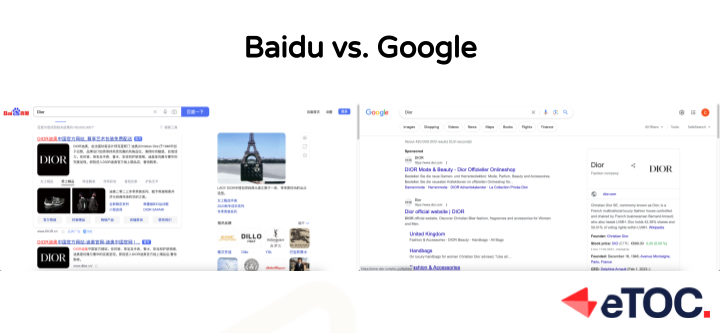
Overview and Core Differences
Language & Geography: Baidu is tailored predominantly for the Chinese audience, with its SERP (Search Engine Results Page) being exclusively in Chinese. In contrast, Google operates on a global scale, supporting multiple languages.
Market Share: As of 2023, Baidu claims roughly 70% of the Chinese search engine market share, whereas Google’s footprint in China is limited to only 4%.
Search Behavior: Baidu’s approach to search prioritizes retaining users within its ecosystem. For example, links from Baidu open in new windows, ensuring that the original Baidu page remains open. This is a sharp contrast to Google’s behavior, where the search results typically redirect users entirely.
Brand Presence: Baidu’s SERP often includes its own properties like Baidu News, Baidu Maps, and Baidu Baike, ranking them highly for numerous search queries. This concentration of Baidu properties can make it challenging for external sites to rank prominently.
SERPs Analysis
Ad Disclaimers: Baidu’s SERP doesn’t always clearly distinguish between organic and paid results, which can sometimes make it difficult for users to discern advertisements from organic listings.
Visual Content: Baidu emphasizes visual content. Most organic results feature thumbnail images and there’s a strong presence of image-based related searches on the right side of its SERP.
Rich Snippets: Occupying up to 70% of the results page on Baidu, snippets are more interactive and extensive than those on Google. Moreover, some of these are paid promotional placements.
Mobile Experience: Baidu has a distinct mobile URL, m.baidu.com, while Google maintains consistent URLs for desktop and mobile. Moreover, Baidu ensures that non-mobile-friendly sites are transcoded for better performance on mobile devices.
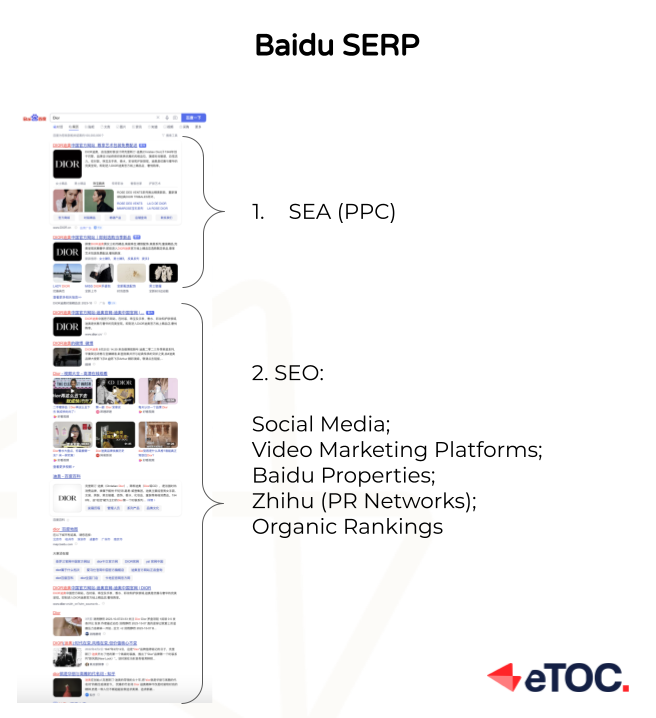
SEO and PPC Differences
Crawl Frequency: Baidu’s spider, responsible for crawling and indexing web content, operates at a slower pace compared to Google’s. Therefore, manual submission of updates to Baidu is recommended.
Backlink Value: Baidu places significant importance on backlinks from Chinese websites, with a preference for Chinese content, .cn domains, and sites hosted within China or Hong Kong.
Social Signals: Baidu values its proprietary platforms for social cues, such as Baidu Baike and Baidu Zhidao.
Technical Aspects: Baidu struggles with evaluating subdomains and doesn’t effectively parse JavaScript. This necessitates presenting content in HTML. Additionally, unlike Google, meta keyword tags remain relevant for Baidu’s SEO.
Similarities: Despite the differences, both Baidu and Google prioritize quality content, mobile optimization, strategic keyword placement, effective linking, and logical website structures. Both discourage practices like keyword stuffing and duplication of content.
In the sections to follow, we’ll delve deeper into the intricacies of Baidu’s SEO and PPC, offering insights and best practices to harness its full potential.
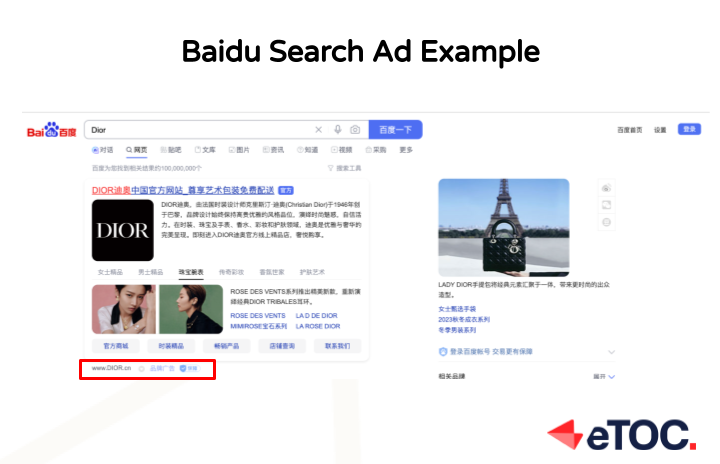
Baidu SEO Best Practices
On-site Optimization
In the realm of Baidu SEO, on-site optimization is crucial. To gain exposure in the Chinese digital market, you should:
- Hosting within China: For improved loading speed and website authority, host your website in China or nearby regions. Also, avoid Google plugins that might break your website’s functionality in China.
- Chinese Domain Extensions: Using a .cn or .com.cn domain might be beneficial for SEO, though its exact impact is debatable.
- Simplified Mandarin Content: Baidu primarily indexes websites with simplified Chinese characters. It’s crucial to have your website predominantly in simplified Chinese for better visibility.
- Content Strategy: Focus on both quality and quantity. Frequently update your website with original, valuable content. Baidu, like its users, gravitates towards fresh content.
- Metadata Importance: Prioritize metadata such as meta descriptions, meta keywords, title tags, H1/H2 tags, and alt tags. Baidu’s spiders heavily rely on metadata, making it vital for your ranking.
- HTML Coding: Use UTF-8 or GB2312 as your coding platforms, avoiding ISO-8885-1.
- Keyword Implementation: Maintain a keyword density of 6-10%. Also, anchor words, easy navigation, and placing vital content at the top can further aid your on-site optimization efforts.
Website Structure: Ensure your website’s homepage is in Chinese and strategically place internal links, especially in headers and footers.
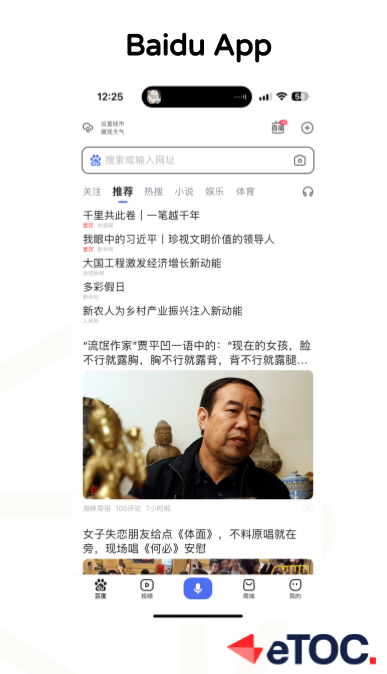
Off-site Strategies and Link Acquisition
For promoting your website externally:
- News Posts: Submit your news articles to Baidu News Protocol.
- Branding: Engage with multiple Chinese platforms by sharing content, videos, and images. Using simple Chinese characters as anchor text can prove beneficial.
- Baidu Social Bookmarking: Utilize tools like Baidu Bookmarks for faster indexing.
- Link Building with Baidu: Aim for both quantity and quality. Baidu places high importance on backlinks, especially from Chinese domains, regardless of their authority.
- Outbound Links: Link to other reputable sites where it adds value to your content.
Mobile SEO for Baidu
Given the predominant mobile user base in China:
Mobile-first Approach: Given Baidu’s mobile application for searches, optimize your website for mobile devices. Consider Baidu Analytics for mobile optimization to leverage the extensive mobile user base in China.
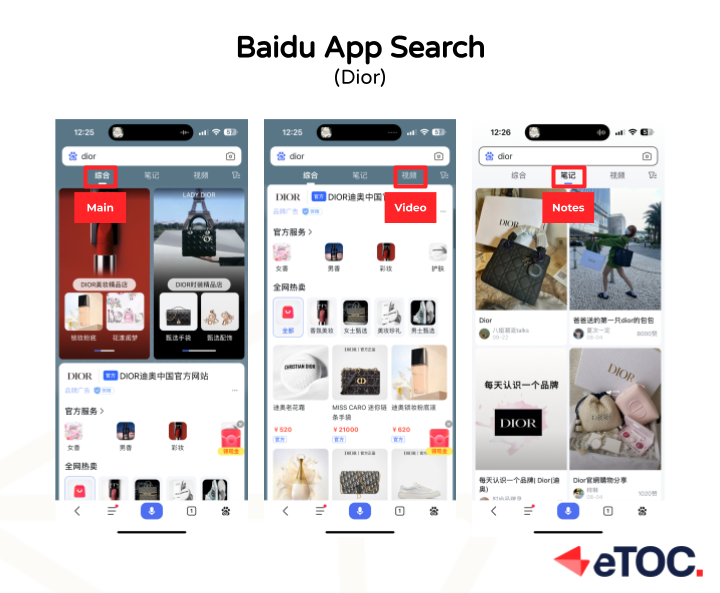
Baidu Webmaster Tools (Baidu Ziyuan)
Baidu’s Webmaster Tools are essential for a successful SEO strategy on the platform:
- Website Verification: Begin by verifying your site on Baidu Webmaster Tools. It ensures authenticity and builds trust.
- Sitemap Submission: If your site isn’t indexed by Baidu, submit it. Provide a sitemap on http://sitemap.baidu.com to ensure Baidu spiders navigate through all your pages.
- Monitoring and Reports: Keep an eye on your website’s performance metrics, such as crawl errors, indexed pages, and backlink quality. It helps in early detection of potential issues and ensures consistent optimization.
- SEO Recommendations: The platform also offers suggestions tailored to Baidu’s algorithm, aiding in improving the website’s visibility on the search engine.
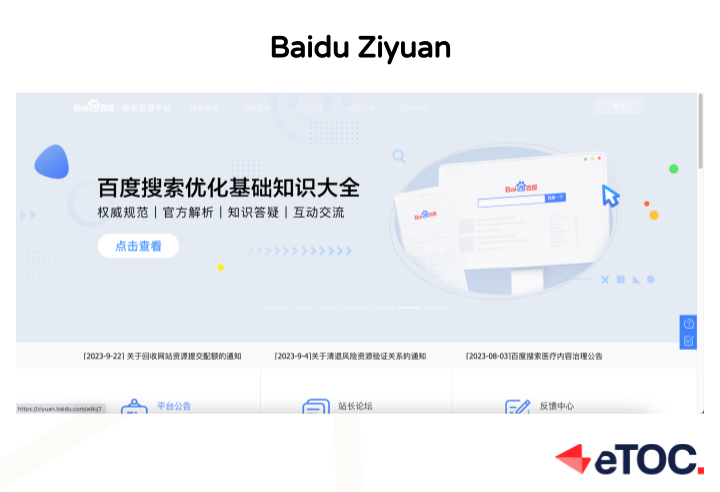
Baidu Analytics
For a comprehensive view of your website’s performance:
- Baidu Analytics Platform: A thorough tool that tracks web statistics, similar to Google Analytics, but tailored for the Chinese digital landscape. This tool can reveal insights on visitor traffic, advertisement efficacy and user behavior.
- Baidu Heatmap: Understand visitors’ behavior by observing areas of the highest activity and user interest on your site.
- Baidu Tongji Reports: Valuable for the local digital landscape, these reports provide localized data and detailed metrics, with features surpassing even those of Google Analytics in certain areas.
In conclusion, optimizing for Baidu requires aligning with its specific guidelines and understanding the nuances of the Chinese digital ecosystem. By incorporating these SEO foundations, one can achieve long-term digital success in the Chinese market.
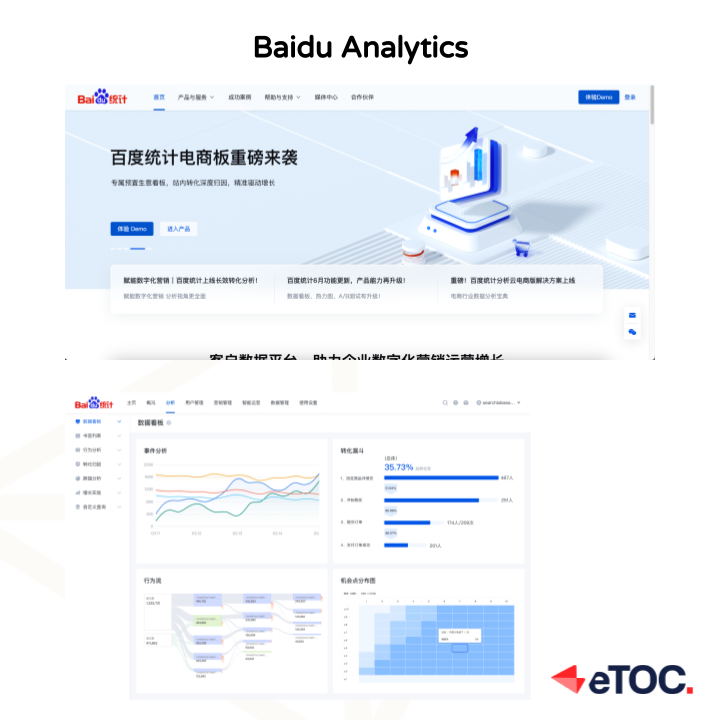
Baidu PPC Advertising
Baidu PPC (Pay-Per-Click) is a popular form of online advertising in China, similar to Google’s AdWords. Advertisers bid on certain keywords and their ads appear when users search for those keywords. Here are the key details and considerations:
Introduction and Benefits
- PPC vs. SEO: Baidu offers both Pay-Per-Click advertising and search engine optimization (SEO) for marketers. While PPC provides immediate visibility, SEO helps to build long-term brand awareness. PPC can be more expensive in the short term, but it offers a quicker return on investment. SEO, on the other hand, can yield more qualitative traffic in the long run.
- Effective Use of ‘Special Offers’ in China: Chinese consumers appreciate special deals. Aggressive offers are commonplace on Baidu, and if promoted effectively, can drive significant traffic.
- Branding: Organic results, achieved through SEO, are the best for brand awareness. However, when combined with PPC, it can provide both immediate visibility and long-term brand building.
Setting Up and Managing Baidu PPC
Ad Text on Baidu: Unlike Google’s Adwords, advertisers on Baidu have the option to use just the first line of the ad text. It’s vital to ensure the first line can stand alone since the second line might not always be displayed.
Selection of Character Keywords: Campaigns typically feature 20-30 sets of keywords, organized around themes. Regular audits of the landing pages/sites are crucial for optimization.
Mandarin Chinese Language Ad Copywriting: Content needs to be adapted for the Chinese market rather than just translated. Effective communication can significantly boost the click-through rate (CTR).
Chinese Landing Pages: For improved relevance, businesses should have local landing pages for specific product categories. Baidu also values the speed of the loading page when determining rankings.
Baidu Editor Tool: To effectively manage PPC campaigns, download Baidu’s Editor Tool. It’s comparable to Adwords Editor, although data transfers might be slower for accounts outside China.
PPC Monitoring & Reporting: Constantly monitor which keywords drive the most traffic, lead to the most sales, and have users staying the longest on the site. This will allow for better strategy adaptation.
Tackling Click Fraud: To counter false clicks, set a daily budget. Monitor average daily click-through rates to detect any anomalies. Baidu has established teams to address click fraud issues.
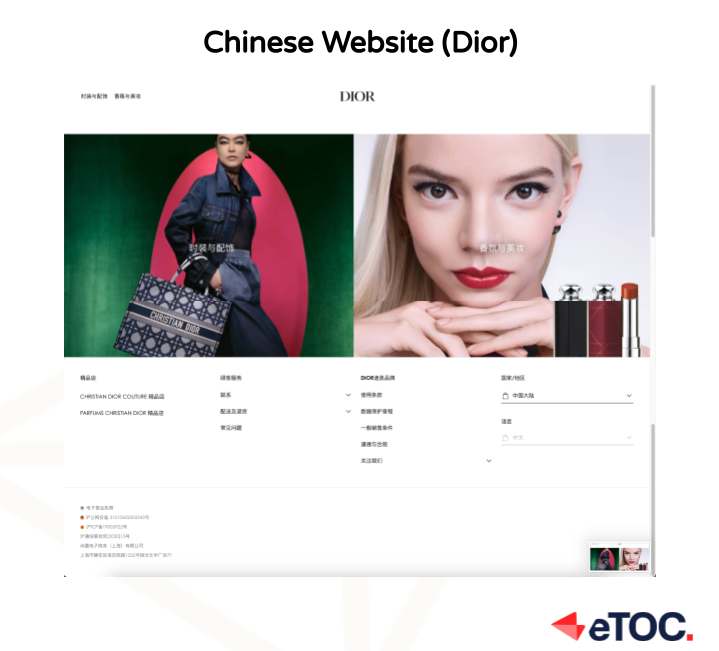
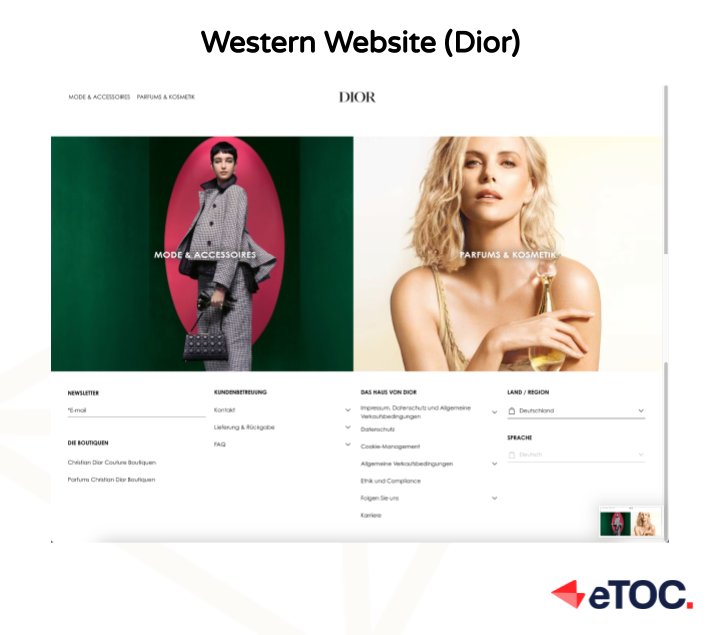
Types of Baidu Paid Ads
- Baidu Phoenix Nest: Baidu’s PPC platform, different from Google AdWords as it ranks sites higher based on spending levels.
- Baidu Tuigang: A PPC platform that allows advertisers to display their ads on Baidu’s search results and within Baidu’s ecosystem.
- ProTheme: Allows Baidu Union members to display promotional links on specific pages, music players, apps, and more.
- Pay for Placement (P4P): Allows businesses to buy priority placement in search results.
- Baidu TV: A video advertising service for Baidu Union members’ websites.
- Information Feed Ads: Introduced in 2016, these ads mix with organic content in Baidu products like Baidu Forum and Baidu News.
- Brand Zone: A space dedicated to showcasing a brand, including links to its website, news, products, promotional information, and special offers.
While Baidu PPC is effective for gaining immediate traction, an SEO strategy might offer more long-term benefits. However, the combined approach can offer both immediate results and sustainable growth.
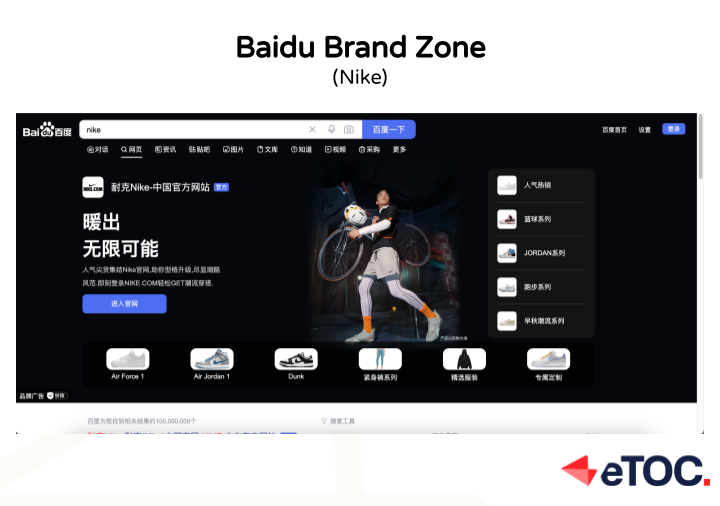

Challenges for International Advertisers
Baidu’s Regulations and Policies
Strict Regulations:
When it comes to advertising on Baidu, understanding and complying with China’s stringent regulations are paramount. This involves navigating a complicated array of guidelines and licensing requirements. The Chinese government maintains a close watch on online content, ensuring it aligns with the nation’s laws. Missteps such as utilizing politically sensitive content or forbidden phrases like “number 1” or “best” can result in penalties, ad rejections, or suspensions. Industries like health products, gambling, finance, or other YMYL (Your Money Your Life) areas face even stricter scrutiny. Hence, understanding these regulations is critical.
Censorship Policy:
Unlike platforms like Google where content freedom is relatively more extensive, Baidu’s content is closely monitored to ensure it adheres to the Chinese government’s censorship laws. Even seemingly innocuous terms with potential political connotations can face censorship.
Language Barriers:
The intricate nature of the Chinese language, characterized by its unique characters and linguistic subtleties, presents a significant challenge for international advertisers. Crafting persuasive ad content, selecting the right keywords, and effectively reaching Chinese audiences demands profound language proficiency. Collaborating with bilingual professionals familiar with Chinese advertising can bridge this gap.
Cultural Differences:
Beyond the language, cultural variances also play a pivotal role in the success of Baidu advertising campaigns. The Chinese audience, with their distinct tastes, values, and preferences, requires a different advertising approach than Western consumers. To craft campaigns that resonate, understanding local customs, cultural nuances, and references is essential.
Staying Updated:
The advertising landscape on Baidu is highly competitive, necessitating advertisers to stay abreast of the latest trends and practices. This means routinely optimizing campaigns, analyzing metrics, and adjusting strategies. Being informed about Baidu’s evolving algorithms and advertising prospects is vital for campaign efficacy.
The Need for a Baidu Agency
Given the challenges inherent to Baidu advertising, it’s evident that partnering with specialists equipped with the necessary expertise can be a game-changer. eTOC, with its profound understanding of the Chinese market and a stronghold in marketing within China, emerges as an invaluable ally for international companies. Our experts can demystify the complexities of Baidu PPC, craft culturally-aligned ad copies, and conduct insightful keyword research, ensuring your marketing initiatives find resonance with the Chinese demographic. Partnering with an agency like eTOC not only aids in navigating the Baidu advertising maze but also unlocks the immense potential of the Chinese market, positioning your brand for unparalleled success.
Conclusion
In conclusion, Baidu, a pivotal player in China’s digital landscape, demands strategies distinct from Western counterparts. While Baidu PPC provides immediate market visibility, it necessitates careful planning and adherence to its unique guidelines. International advertisers face challenges stemming from language nuances, cultural differences, and strict regulations. Misunderstandings can result in substantial setbacks. Therefore, collaboration with experienced agencies, like eTOC, becomes invaluable. They offer a blend of technical expertise and cultural insights, ensuring successful navigation of Baidu’s intricacies. Ultimately, mastering Baidu requires a harmonized approach, combining deep local understanding with broad global knowledge.

Moonie Zhu
Managing Director Europe
Request a quotation
Get in touch with us
Your agency for China e-commerce and digital marketing
Latest from our blog
The AI Development in China
China's AI ascent blends policy support with tech advancements and...
Read MoreHow to do Baidu Search Marketing in China?
About Baidu Baidu was founded on the 1st of January,...
Read Morewe love them
what our clients have to say





Meet our clients

